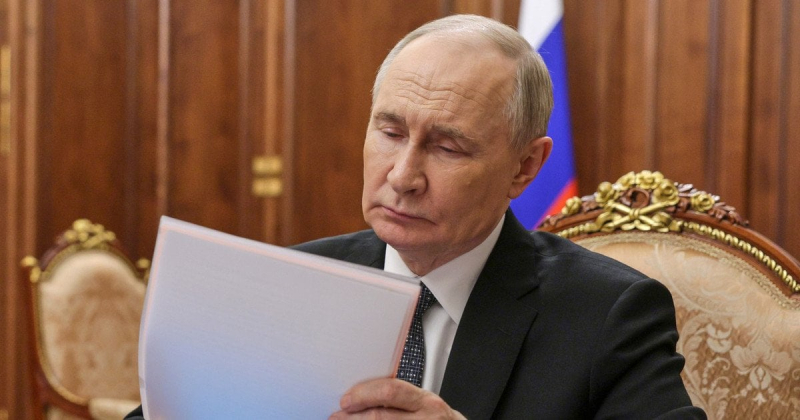The dictator believes that Moscow has more to gain than to lose from the escalation in the Middle East.

The escalation between Israel and Iran could leave Russia in a dead end. However, the Kremlin also sees the escalation as an opportunity for its own gain.
This is stated in a British intelligence report.
The Defense Ministry recalled that Russia has no formal obligations to provide Iran with any military assistance in the conflict with Israel. The Comprehensive Strategic Partnership Agreement between Russia and Iran, signed in January 2025, covers cooperation in a number of areas, including defense and security, but does not contain a provision on mutual defense.
“This contrasts with agreements between Russia and Belarus or the DPRK. Russia almost certainly sees some benefit in this conflict, since it distracts the attention of the international community from the war against Ukraine,” the intelligence officers believe.
“However, the conflict is likely to have a negative impact on future deliveries of Iranian military equipment to Russia,” the intelligence agency added.
The department also noted that the Russian army was seriously strengthened at one time due to significant supplies of attack drones from Iran. In addition, Tehran significantly contributed to the creation of production of such drones in the territory of the Russian Federation, and also provided ballistic missiles and artillery ammunition.
Recall that US President Donald Trump has already approved a plan for a possible attack on Iran . However, he is postponing it to see if Iran will abandon its nuclear program.
Iranian Foreign Minister Abbas Araghchi says his country remains “committed to diplomacy” and “has never sought and will never seek nuclear weapons.” At the same time, Iran's Supreme Leader Ayatollah Ali Khamenei has threatened “inevitable response” if the US decides to intervene in the conflict.
On the night of June 13, Israel struck Iran's nuclear facilities. Several Iranian commanders and scientists were eliminated. After that, Iran refused to negotiate with the United States on the nuclear program.
On the evening of June 13, Iran responded by attacking Israel with ballistic missiles.
As of June 19, the countries continue to exchange blows.
Over the past six months, Moscow has already lost one key ally in the Middle East: Bashar al-Assad.
After the Syrian leader was removed from office last December, he was granted asylum in Russia.
The prospect of regime change in Iran and the perception of losing another strategic partner in the region are serious concerns for Moscow, analysts say.

